Air plants thrive in outdoor settings throughout all regions of the United States during the warmer months of the year. However, air plants are tropical species so moving them indoors if or when temperatures drop below 40 degrees Fahrenheit will be necessary for wintertime survival. Since your plants will experience the differences in temperature, humidity, light, and air circulation once brought inside, they will need to be tended to with special care to allow for a safe adaptation.
Read further to learn how to winterize your Tillandsia!

Temperature
Air plants do best in mild temperatures between 65 and 85 degrees Fahrenheit – so make sure you are watching your thermometers. A simple way to determine if the condition is right for your plants is if you are comfortable with the temperature then they will be too!Humidity
You have probably noticed that if you heat your home in the winter with a furnace, fireplace, or radiator then the air will be much drier than normal. This can be damaging to the air plants so we recommend adjusting your usual watering schedule accordingly. Signs of air plant dehydration are curling leaves and dry tips. Additional weekly misting may be necessary in addition to soaking. You can also place a tray of water near the plants to help keep the area more humid!
Extra tip: avoid placing your air plants near drafty windows, vents, and air returns. Click here to learn more about signs dehydration in air plants.
Light
Bright light will be required once the plants are brought indoors. Although indirect light is usually preferred, the air plants can tolerate more direct light in the winter due to the lower sun angle. We recommend placing the plants within several feet of a south or west-facing window. If bright, natural light is limited, then florescent and grow lights will suffice. Use caution when using incandescent light bulbs as they may burn the plants if placed too close.Air Circulation
Air plants require fresh, circulated air to absorb nutrients. If placing the plants into an enclosed display or terrarium, make sure it is not too cramped and that the plants still have access to proper airflow.
Good luck with winterizing your air plants! Feel free to reach out to our team of air plant experts if you have any questions or concerns at info@airplantsupplyco.com.


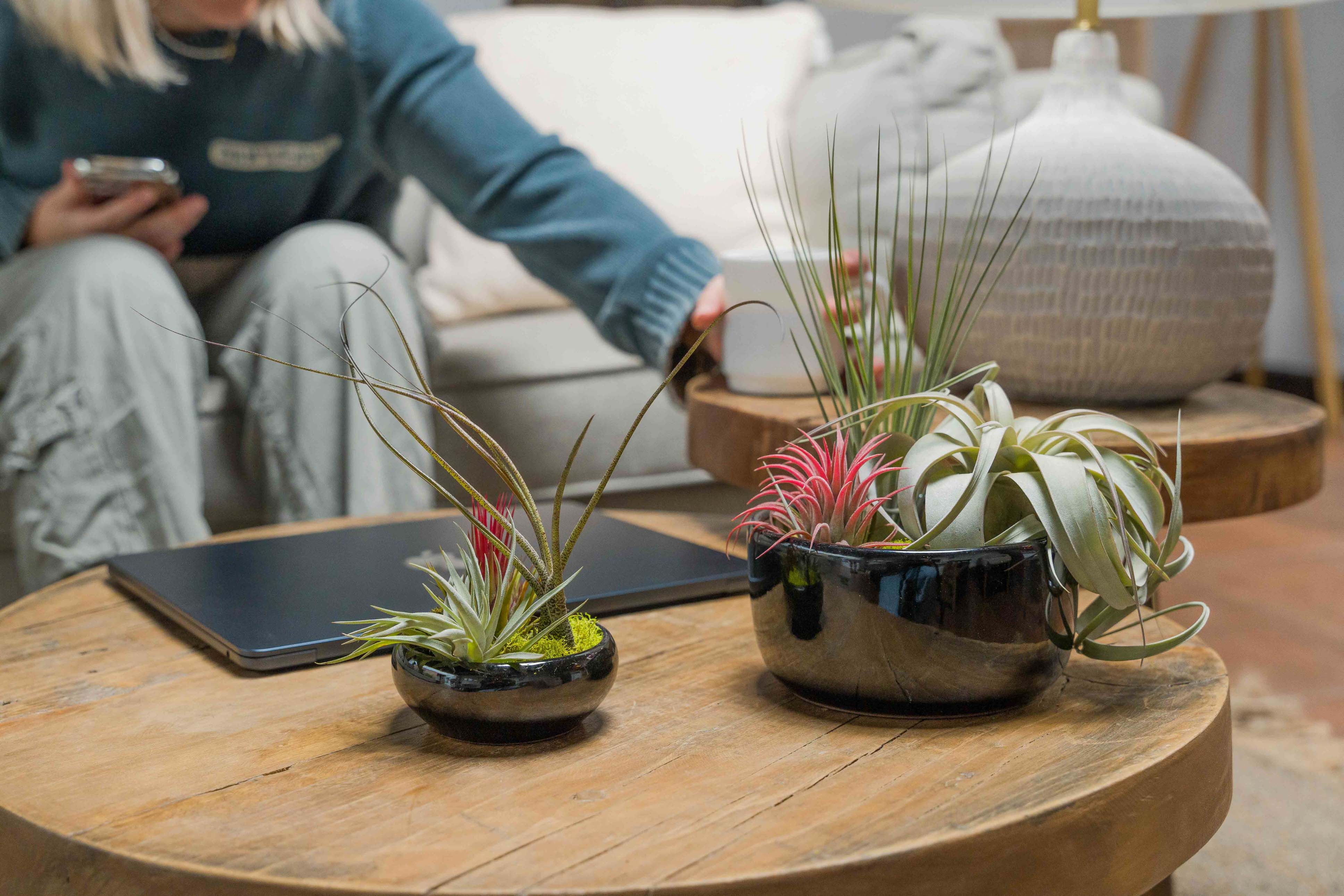
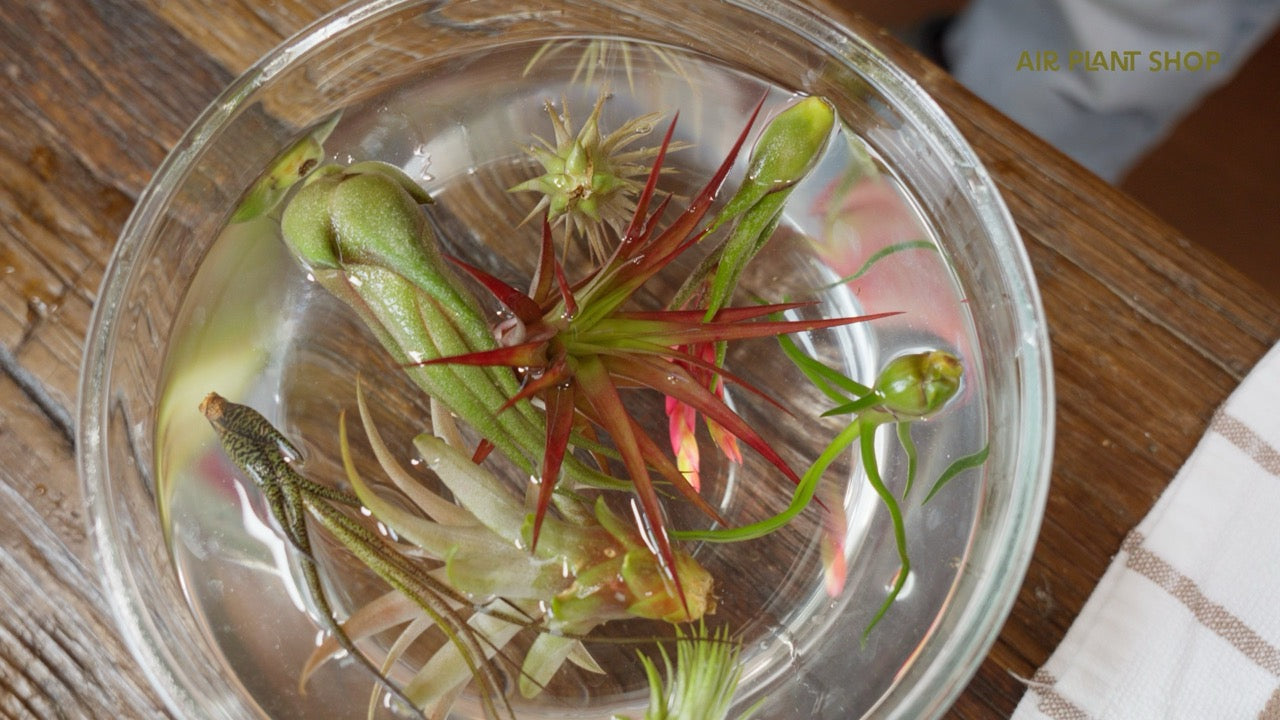

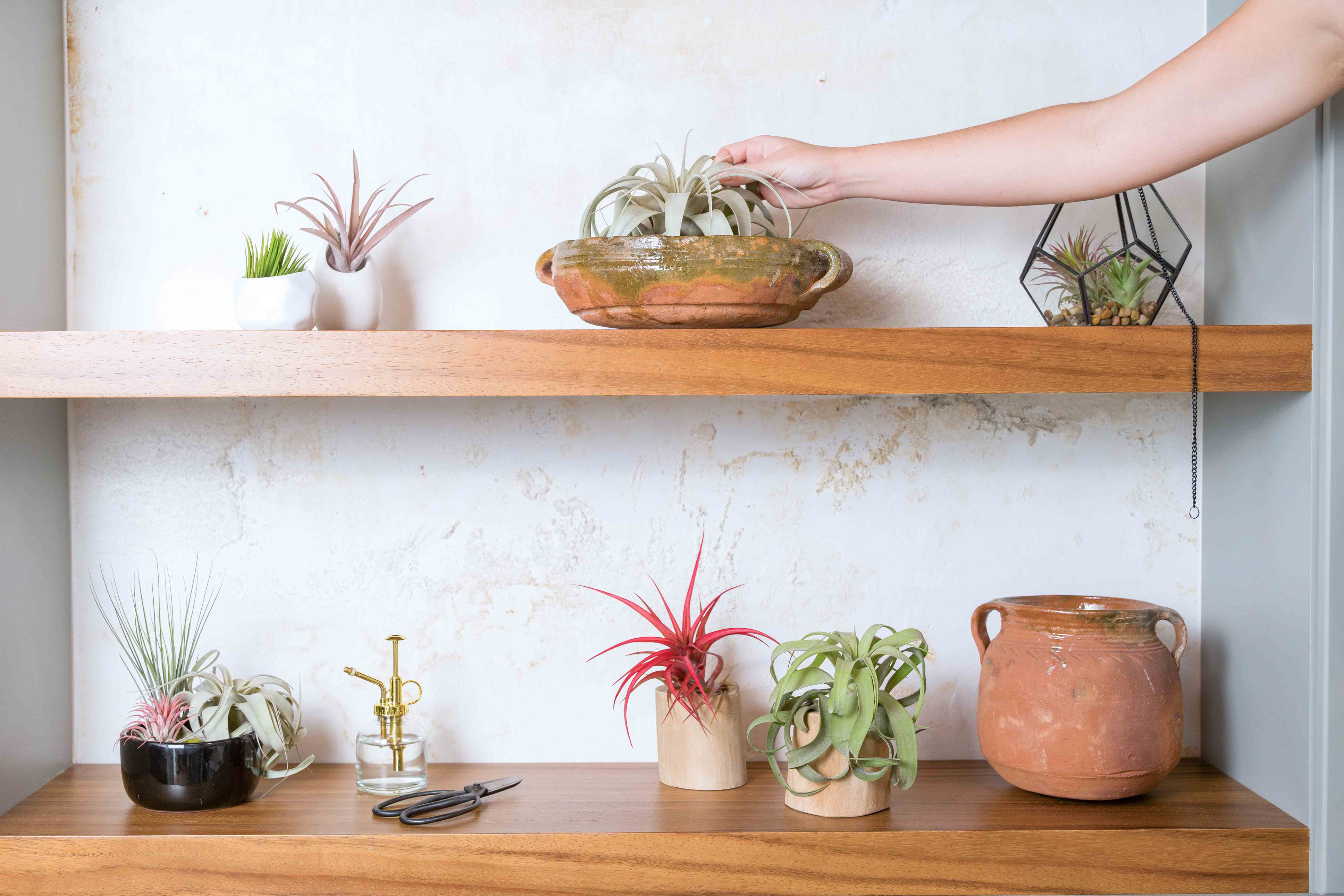
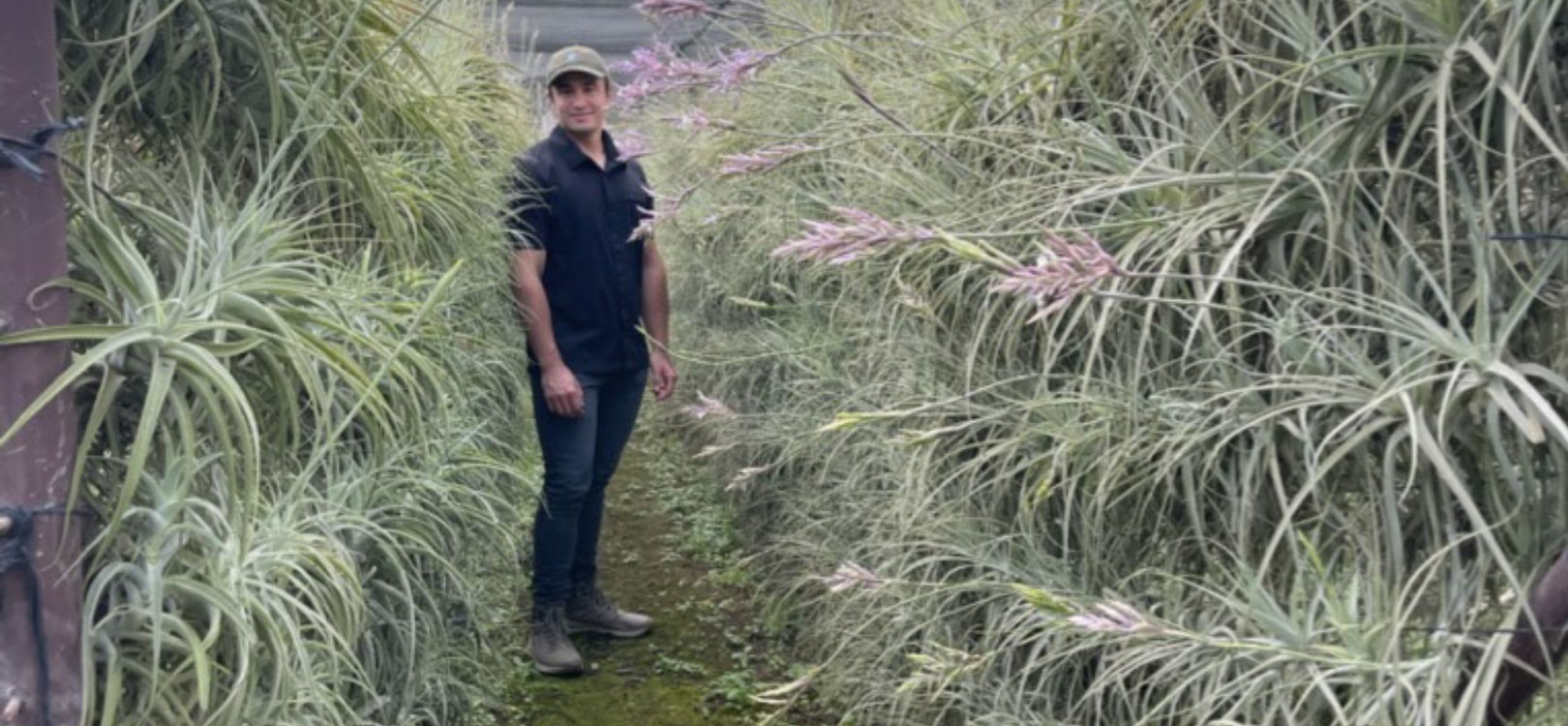
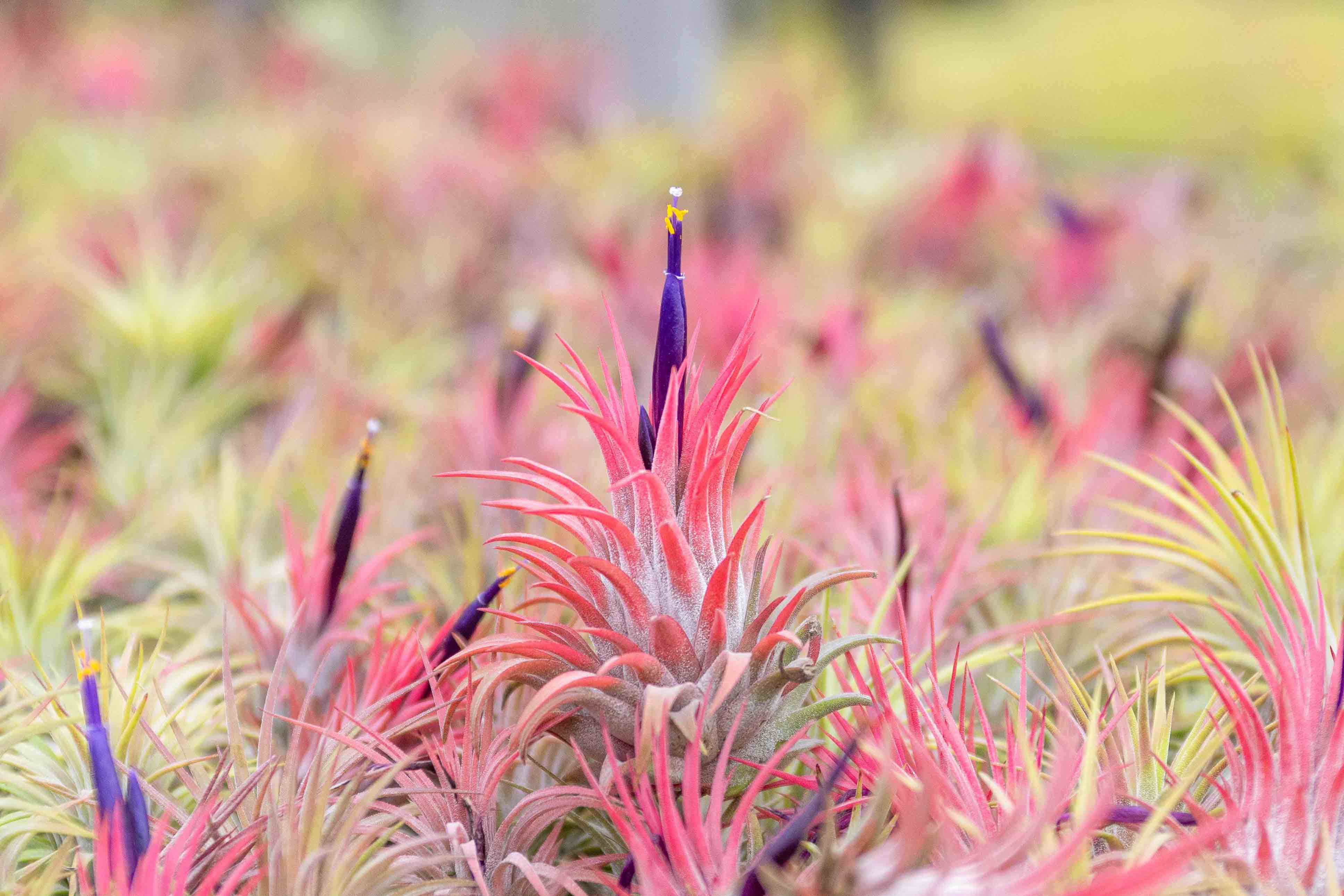


Leave a comment